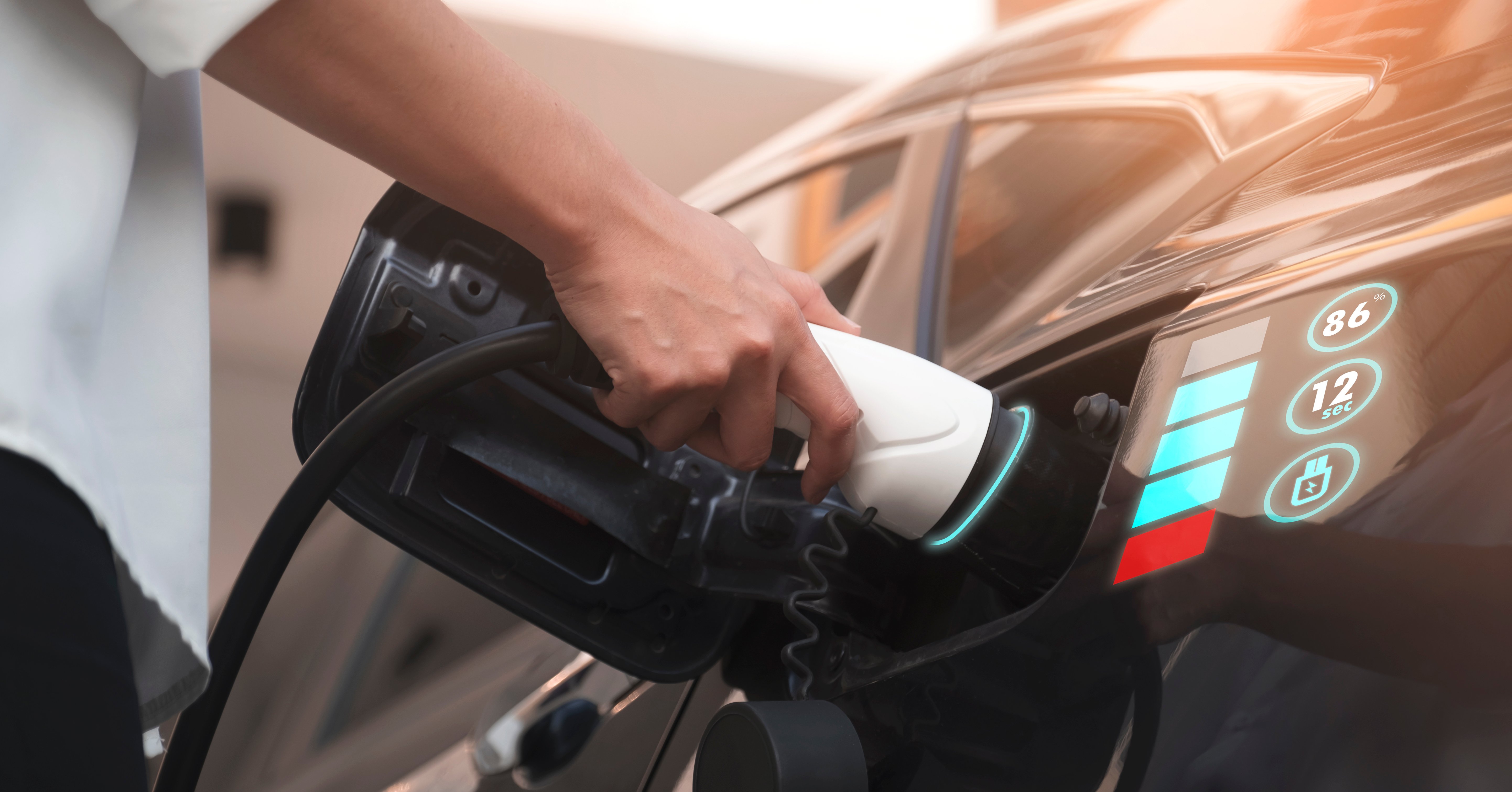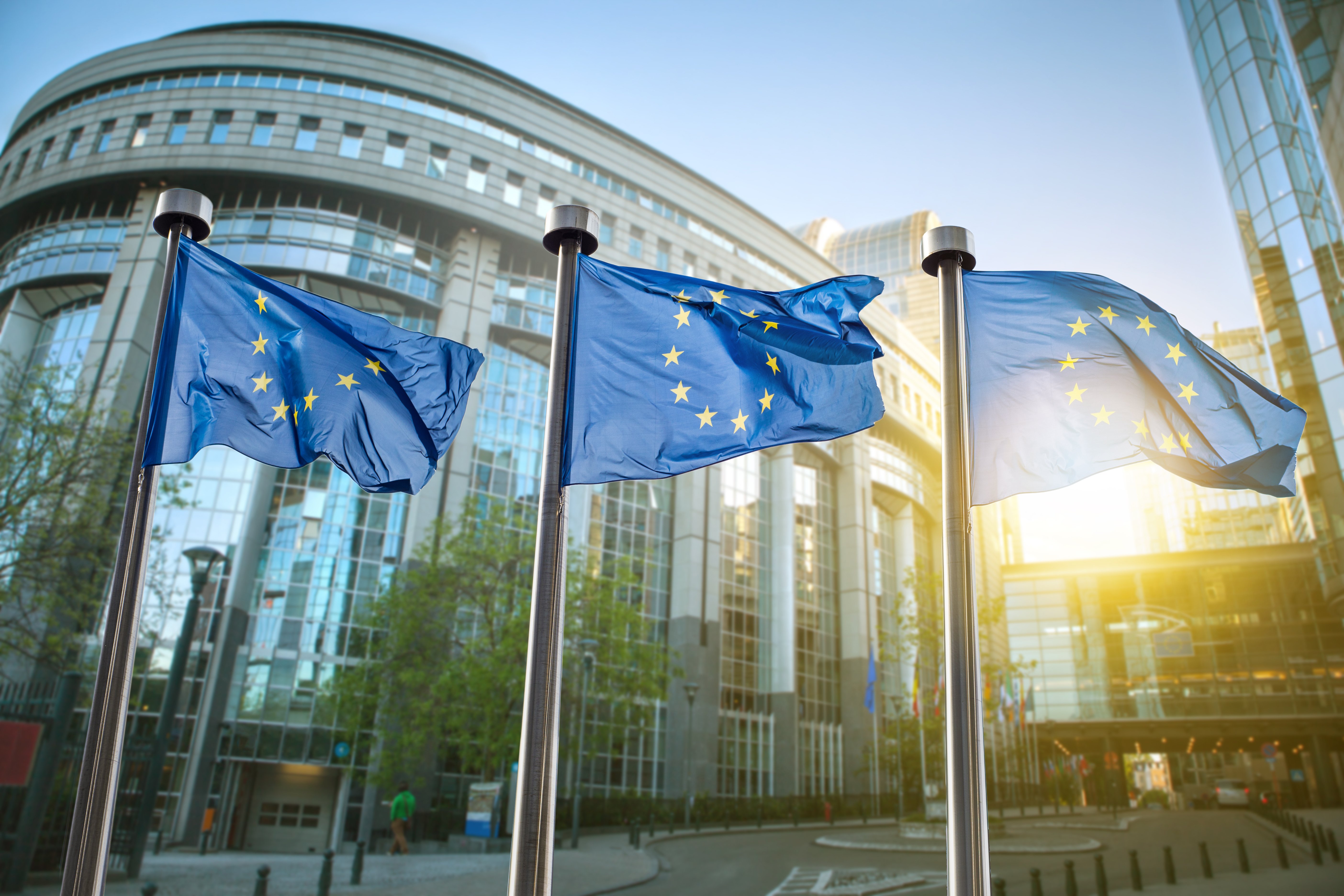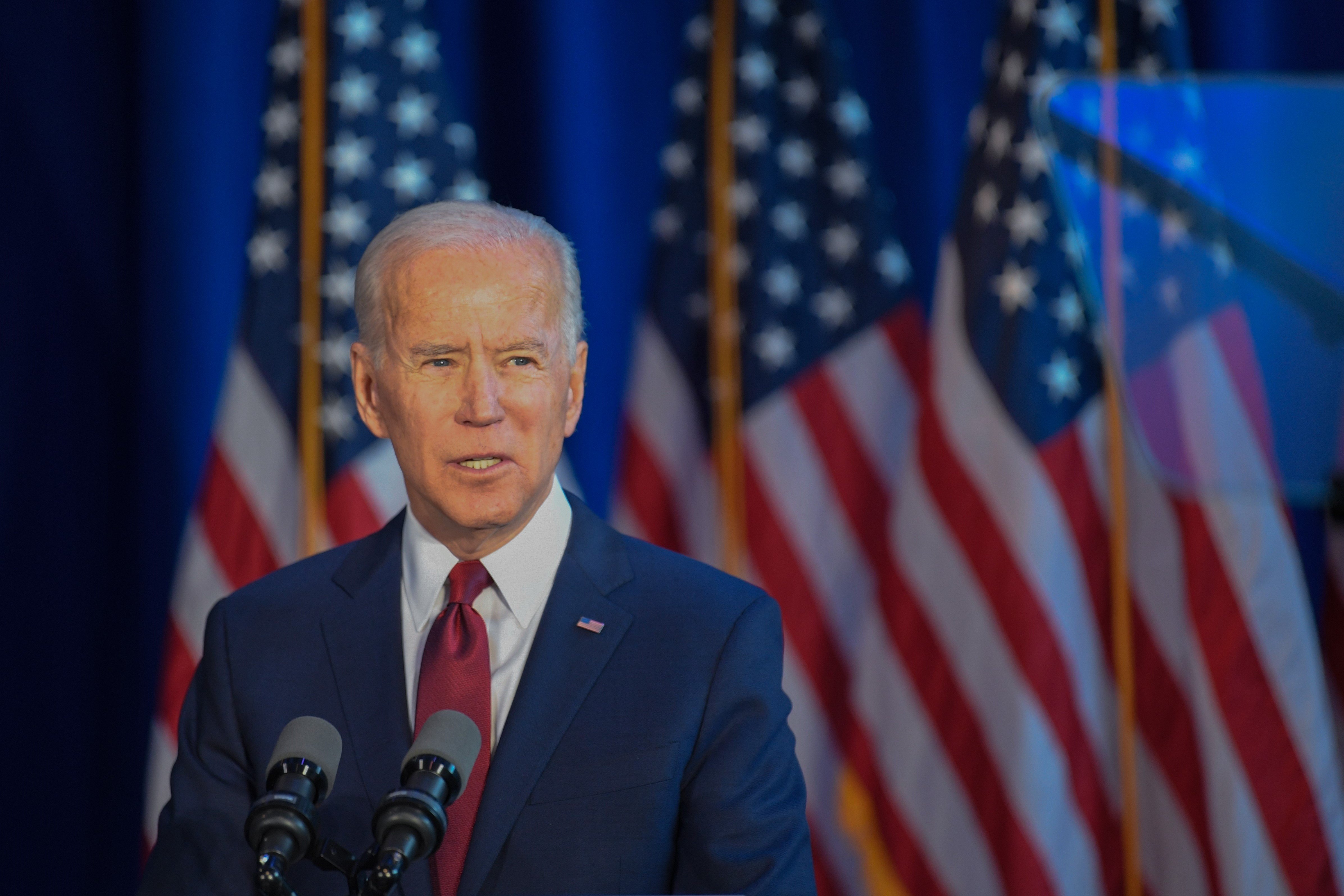The government continues to prioritise tech policy in the UK with London Tech Week, the Spending Review and AI Summit London all highlighting the important role government expects tech to play in driving economic growth. Here are some reflections on what it may mean:
Implications of recent UK government announcements on the tech sector
Written by Sabrina Steele on 12 Jun 2025
Crazy for quantum
Written by Emma Vivian on 17 Feb 2025
‘Artificial intelligence’ is so 2024! The European Union has two new favourite words when it comes to tech: quantum computing. But what does it mean? Imagine a cat (Schrödinger’s cat, to be precise) alive, dead — and somehow applying for Horizon Europe grants — all at the same time!
What does the AI Opportunities Action Plan offer businesses?
Written by Harry Sidnell on 21 Jan 2025
This blog identifies some of the key recommendations made in each of the recently published AI Opportunities Action Plan’s sections (investing in the foundations of AI, pushing on cross-economy AI adoption, and securing the UK’s future with homegrown AI), highlighting those which offer the most promise to AI developers or adopters. It will then consider how Inline is well-positioned to leverage its tech expertise and relations with government to assist businesses in realising their AI ambitions.
TikTok Lite sparks EU concerns: A deep dive into digital addiction
Written by Emma Vivian on 20 May 2024
In the fast-paced world of social media, concerns about digital addiction are taking centre stage once again, with TikTok and Meta at the forefront of scrutiny.
What potholes prevent America's smooth transition to electric vehicles?
Written by Sameer Surti on 18 Aug 2023
The US has witnessed a rapid increase in electric vehicles (EVs) in recent years. In this blog, we will examine the recent actions the US has taken to encourage EV usage and then discuss some challenges the US faces in continuing this growth.
What is the EU doing to regulate artificial intelligence?
Written by Shane Cumberton on 07 Aug 2023
In this blog, we look at the steps the European Union is taking to regulate artificial intelligence.
Does regulation of AI in the UK strike the right balance for business?
Written by Pia Doering on 23 Jun 2023
In this blog, Inline Policy looks at how the UK, home to many promising AI start-ups, is seeking to balance certainty with flexibility in its regulatory framework.
The DMCC: balancing fair competition and economic competitiveness
Written by Inline Policy on 15 Jun 2023
In this blog, Inline looks at the details of the Digital Markets, Competition and Consumer Bill, what it means for businesses, and the debate surrounding the draft legislation.
The state of UK tech policy in London Tech Week 2023
Written by Mitali Sud on 12 Jun 2023
As London Tech Week gets going, we take a look at the key debates in UK tech policy and recap where all of the major new regulatory proposals have got to.
EU short-term rentals regulation: highlights from Inline’s panel
Written by Inline Policy on 26 Apr 2023
This blog is based on Inline’s panel discussion “EU short-term rentals regulation: where should compromise between the EU institutions lie?” which took place in April 2023. The event brought together Ivars Ijabs MEP, Shadow Rapporteur for the STR Regulation in the European Parliament’s Internal Market and Consumer Protection - IMCO Committee; Inge Janssen, Director Public Affairs, EMEA at Booking.com and Chair of EU travel tech; and Amaryllis Verhoeven, Head of the Digital Transformation of Industry Unit at DG GROW, European Commission. You can find a recording of the event here.
The State of US Tech Regulation in 2023
Written by Sameer Surti on 01 Mar 2023
President Biden, in his State of the Union address laid out his vision for this year. In this blog, Inline Policy will highlight the key tech policy issues on which the Administration and the federal government are focused.
 Insights from Inline Policy listing page
Insights from Inline Policy listing page














